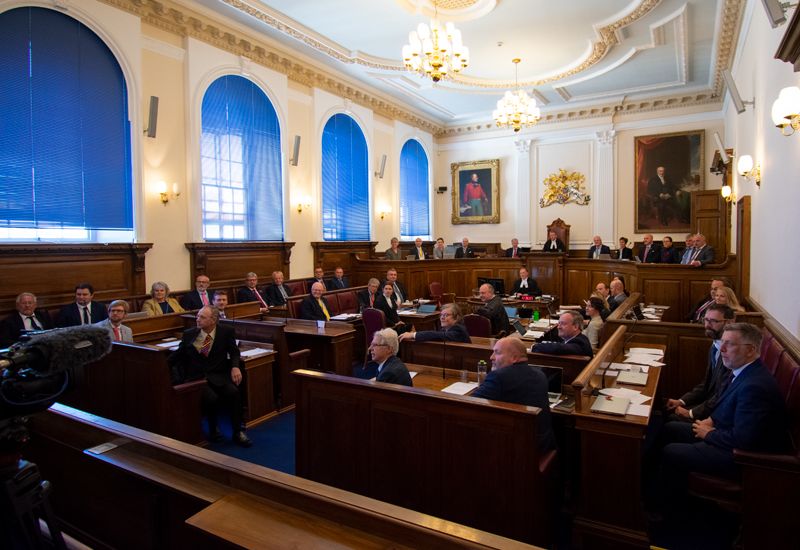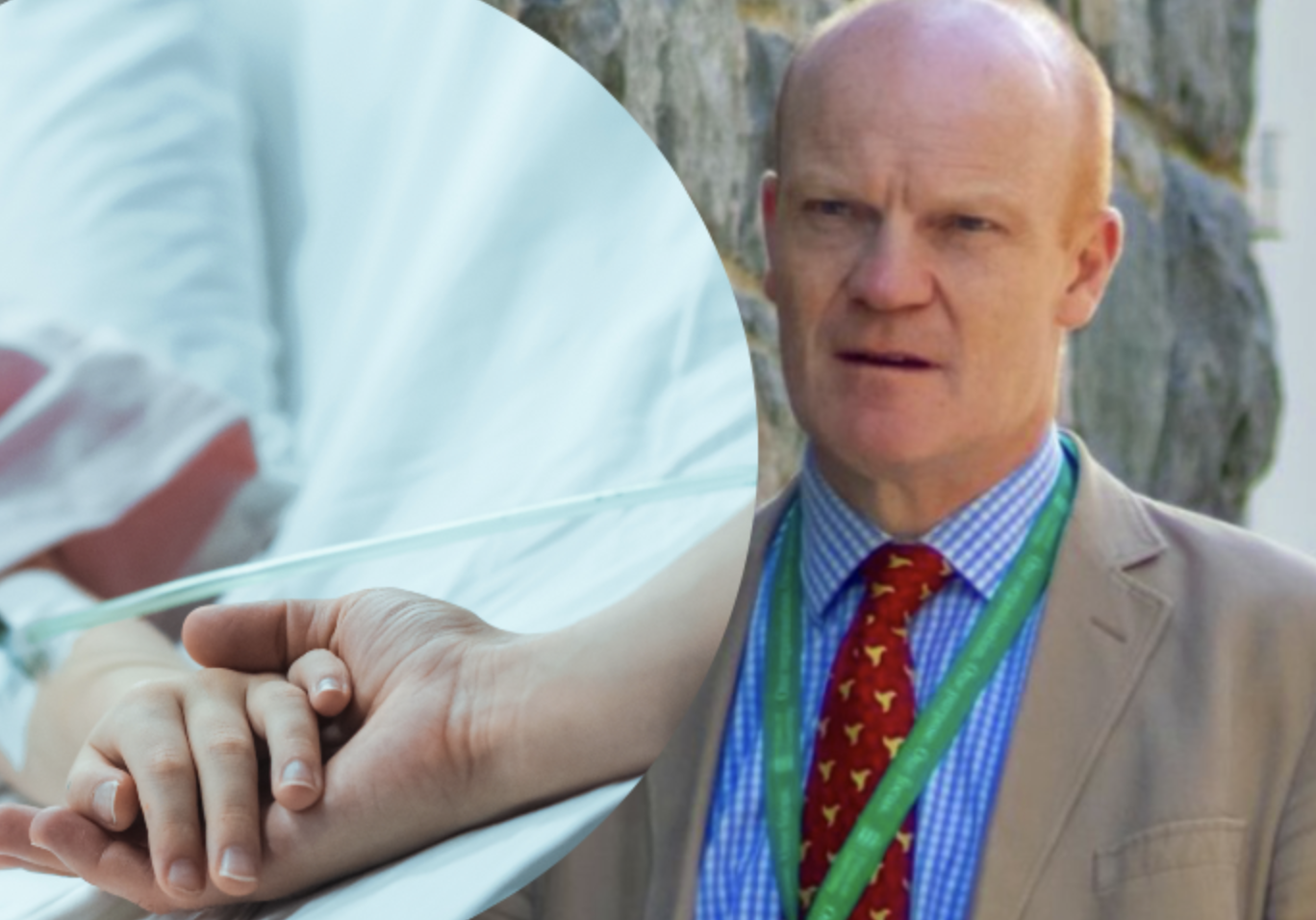


Calls to restrict or remove parliamentary privilege within the States of Guernsey should worry all of us, and not just those with an interest in the current row over paediatrics and the MSG.
I was gobsmacked to hear some of our so-called senior politicians suggest that the privilege bestowed on parliamentarians in democracies around the world is "unsafe" and that they would give it up to prevent it being used in the way that it is intended to be used again.
Firstly, let's clarify that some of the "senior politicians" suggesting this are described as senior due to the roles they currently hold in the States, not due to the experience gained through the length of time they've served the electorate of Guernsey.
Those calling for curbs to Guernsey's parliamentary privilege included Deputies David Mahoney, Bob Murray and Mark Helyar who sit on the Policy and Resources Committee, and Deputy Carl Meerveld who is the President of the States Assembly and Constitution Committee.
During last week's States meeting, on topics which have been extensively covered so I won't rehash them here, they said that the privilege conferred upon States members "goes far, far beyond what I would have believed possible" (Deputy Murray), "we have to look at the powers of privilege and see whether they should be constrained because if we can't police it, if we can't control it, then we have to restrict it" (Deputy Meerveld) and "I'll give up some of my privileges to stop this from happening again" (Deputy Mahoney).

Pictured: Talk of curbing parliamentary privilege was sparked by debate over whether Deputy Gavin St Pier had abused his immunity.
Before we even considered curbing, or entirely removing parliamentary privilege from Guernsey's elected deputies, we would need to closely examine what it is, and what it affords politicians and I believe many people would then agree with me that there is no way we could consider taking that legal immunity away from out politicians.
Parliamentary privilege or parliamentary immunity is the recognised legal protection which politicians can use to their advantage while working in the course of their legislative duties.
Such privilege is common in countries which have based their own constitution on the 'Westminster system' - itself a model of government first developed in England.
The concept of parliamentary privilege dates back hundreds of years and in many countries the system has not evolved because it is considered to be a fundamental right or policy at the heart of governments.
Guernsey's system of government has its history in French legislature, a country which affords its elected officials with parliamentary privilege.
Other countries with recognised forms of parliamentary privilege include Canada, Australia, South Africa, Singapore, India and New Zealand.
Forms of parliamentary privilege are also recognised in countries such as Chile, Egypt, Gabon and Thailand.

Pictured: Many countries have a form of parliamentary privilege based on the 'Westminster system'.
While the protection varies, it invariably removes the threat of civil or criminal proceedings against the speaker for words or actions within their parliamentary role. Some countries only afford that protection within the confines of the parliamentary building. Other countries offer less prescriptive privilege to elected officials.
In all cases, the privilege is intended to widen the scope of 'freedom of speech' to enable elected individuals to speak on matters that they consider to be in the public interest. The protection can allow them to publicly name other people, or highlight scenarios which otherwise would be covered by legal injunctions or other laws restricting the information being shared.
Examples from the UK of where parliamentary privilege has been used cover scenarios such as the 'cash for questions' scandal of the 1990s and the identifying of Ryan Giggs as a footballer who had an extra-marital affair and used a court injunction to prevent the woman from speaking about it.
Whether those matters are in the public interest or are of interest to the public is an entirely separate debate, but the fact that parliamentary privilege enabled the information to be disseminated to the public without fear of prosecution against the MPs who raised them is the privilege which I think we should all seek to protect.
If we were to allow our elected officials to curb their own parliamentary privilege because they don't like the way one of their colleagues used it last year, the effect could be far more damaging than simply silencing talk on topics considered too sensitive for public debate.

Pictured: We give our politicians both great power and great responsibility, explained Deputy Andy Taylor, quoting from Spider-man in doing so.
The use of parliamentary privilege is one of the ultimate powers bestowed upon on our politicians. It enables them to the be the ultimate whistleblower. It allows them to be truth seekers if not truth tellers.
Why would we want to curb that?
As Deputy Andy Taylor quoted, from Spider-man, "with great power comes great responsibility".
That great power and great responsibility is bestowed on our deputies when we vote for them.
Perhaps we should all consider whether we can trust those we are voting for in that sense when we next go to the ballot box.